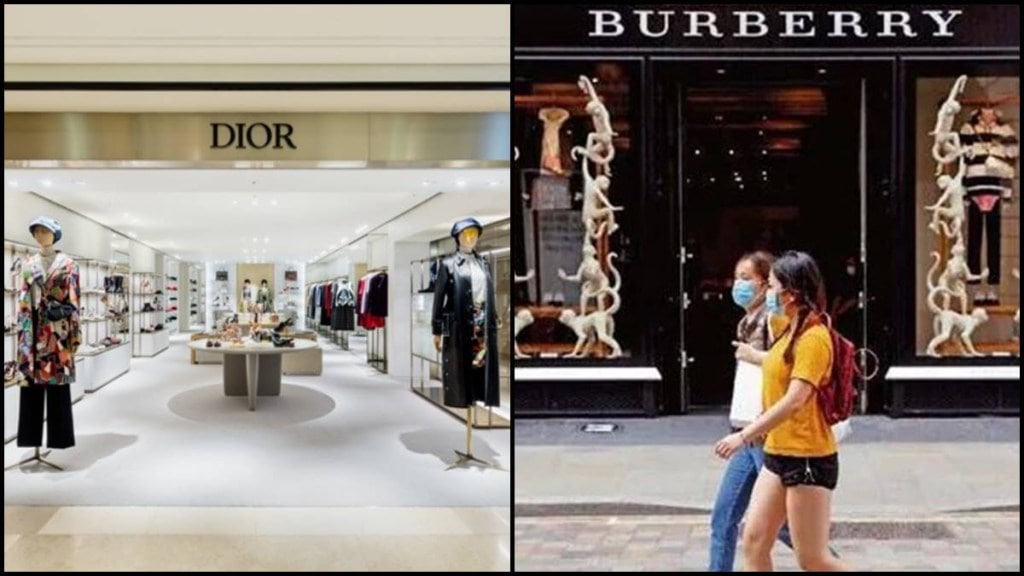By Shan Jain
India’s affluent Gen Z is ushering in a new era for the luxury market. As the world’s largest cohort of young people, India’s Gen Z is driving significant changes across industries, and luxury is no exception, shifting the focus from traditional status symbols to experiences, individuality, and responsibility/sustainability.
From Status Symbols to Stories: A Shift in Perspective
Historically, luxury was defined by opulence and exclusivity—high-end cars, designer apparel, exclusive watches, signaling status.
This generation of young affluents, is redefining its essence in ways that reflect their unique values and worldview.
They’re not just buying products; they’re buying into purpose, personal experiences, and stories that resonate with who they are. They see luxury as an investment in personal growth rather than a display of wealth.
As Gen Z often puts it, “Luxury today isn’t just what you own; it’s the stories you’re part of—because without meaning, is it really luxury?”
For them, a retreat to an off-the-beaten-path destination or a curated wellness experience holds more value than conventional high-ticket items. Whether it’s trekking through the Himalayas or attending an exclusive wellness retreat in Bali, the emphasis has shifted from possession to participation, from owning to experiencing. They want stories they can share, memories they can cherish, and transformations they can feel.
The Gen Z mantra – “If your luxury doesn’t change you, it’s not luxurious enough.”
The desire to ‘live richly’ surpasses the desire to ‘own richly.
Sustainability: The Luxury of Conscience
For today’s young affluents, luxury without conscience is no luxury at all. This generation grew up in the shadow of climate change, and they’re deeply aware of how their choices impact the planet.
As a result, brands that prioritize transparency, ethical practices, and environmental responsibility are winning their loyalty.
“Couture means products with a Conscience”
This mindset has catalyzed the growth of “slow luxury” (as opposed to fast fashion) — craftsmanship-driven products with a focus on longevity and ethical production. Gen Z expects quality that endures, both in material and moral value, creating an inherent shift in the luxury sector from disposability to durability.
Individualism as The New Status Symbol
One of the most remarkable traits of Gen Z is their desire to stand out rather than fit in.
While previous generations found comfort in conformity, this generation values “standing out”. They’re not drawn to brands simply because of their logos or heritage; they’re looking for brands that allow them to express their individuality.
They seek out brands that offer customization, exclusivity, and products that cater to their unique tastes.
This desire for self-expression has fueled demand for bespoke services, from custom jewelry to limited-edition streetwear. Brands like Off-White and Balenciaga, known for their bold, non-conformist designs, appeal precisely because they align with Gen Z’s desire to stand out rather than blend in.
Blending Tradition with Innovation
Though forward-looking, Gen Z retains a connection to cultural heritage. Brands that manage to fuse modernity with tradition often find success with this generation, like Sabyasachi’s fusion of the past with contemporary design allows luxury to be both aspirational and authentic.
For brands aiming to win Gen Z’s favor, honoring heritage while innovating is essential. This generation values brands that not only preserve tradition but reinterpret it in ways that align with their modern identities.
The Digital-First Approach: A New Luxury Paradigm
Having grown up in a digital ecosystem, Gen Z interacts with luxury online first. They expect seamless, interactive digital experiences and engage with brands through influencers and virtual platforms, discovering brands through Instagram, influencers, and virtual platforms, bypassing traditional marketing channels like glossy magazine ads or brick-and-mortar stores.
Influencers play a crucial role in shaping their perception of luxury, with collaborations, creating new pathways for engagement. For instance, brands like Gucci and Louis Vuitton frequently partner with young Indian influencers to showcase limited-edition items or exclusive collections.
This digital engagement not only makes the brand more accessible but also drives the idea that luxury can be interactive, dynamic, and culturally relevant.
Luxury has to be where Gen Z is: online, fast, and accessible, playing into the desire for immediacy without losing its essence. If a luxury brand doesn’t have a strong digital presence, it’s likely to miss out on this significant market segment.
Today, a robust digital presence isn’t just an advantage; it’s essential to engage Gen Z effectively.
The Future of Luxury
India’s Gen Z affluents are undeniably changing the way we understand luxury. It’s no longer just about flashy logos and high price tags; instead, it’s about purpose, personalization, sustainability, and the experience. Brands that understand this shift will not only capture the wallets of these young consumers but also secure a place in their lives.
The author is Independent Director, Brand Strategist and Marketing Transformation Advisor. (Views expressed are the author’s own and not necessarily those of financialexpress.com)

